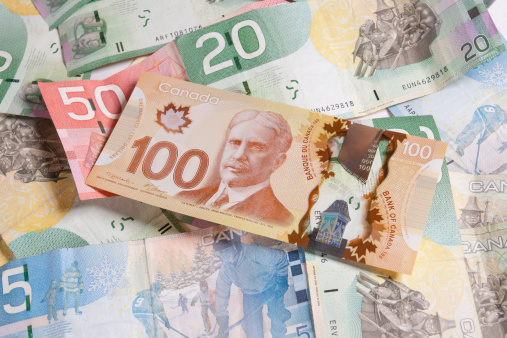Canadian dollar weakened
Firstly, the Canadian dollar weakened to a five-week low against its U.S. counterpart on Monday. Investors worried about the global economic outlook. Price of oil dropped.
Secondly, equity markets globally fell. The U.S. dollar rose against a basket of major currencies; as fears mounted that inflation-busting interest rate hikes in the United States and Europe will weaken the global economy.
Weaker stocks and softer oil prices remain headwinds for the CAD, and while the BoC (Bank of Canada) policy backdrop remains supportive in broad terms. We feel, there is little opportunity for the CAD to differentiate itself from the USD ahead of the key Jackson Hole event.
Strategists at Scotiabank.
Thridly, Federal Reserve Chair Jerome Powell is due to speak at the Jackson Hole symposium in Wyoming on Friday; with expectations growing of further rate hikes rather than a pivot to a more dovish policy.
We recommend: The Electric Grid During the Hurricane Season, the 2022 period will be above average.
Oil price dropped
The price of oil, one of Canada’s major exports, dropped 3.1% to $88 a barrel, while the Canadian dollar was trading 0.2% lower at 1.3020 to the greenback, or 76.80 U.S. cents. It touched its weakest level, since July 18.
In addition, speculators have raised their bullish bets on the Canadian dollar to the highest level since July 2021; data from the U.S. Commodity Futures Trading Commission showed on Friday. As of Feb. 2, net long positions had increased to 26,867 contracts from 21,223 in the prior week.
Also, domestic data on Monday showed that new home prices increased 0.1% in July from June. It was the smallest increase since June 2020.
Finally, Canadian government bond yields were higher across the curve, tracking the move in U.S. Treasuries. The 10-year touched its highest since July 21 at 2.989% before dipping to 2.970%, up 2.2 basis points on the day.


